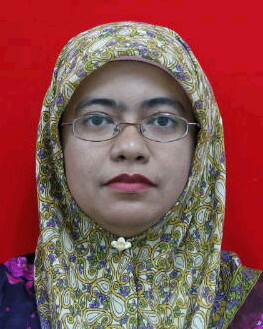About this Course
Course Description
Microbiology is the study of microbes (very small organisms that usually require a microscope to be seen) and is a wide-ranging subject closely linked with a surprising variety of other sciences and human activities. This course emphasizes the relationship between microbes and human beings which involves not only the familiar harmful effects of certain microorganisms, such as in disease and food spoilage, but also their many beneficial effects. Students will be introduced to the fascinating world of the microbes and in the process will come to realize that of all the groups of organisms studied by biologists, microbes rank as the most important in terms of their impact on our daily lives.
Course Learning Outcomes
1 ) Explain the fundamentals and importance of microorganisms in relationship with human activities which involves not only diseases and food spoilage but also their many beneficial effects.
2 ) Display the ability to apply techniques and skills in conducting basic microbiological analysis.
3 ) Analyse experimental data for problem solving in a scientific report.
Course Details



STATUS : Open DURATION : FLEXIBLE EFFORT : 3 hours per week MODE : 100% Online COURSE LEVEL : Beginner LANGUAGE : English CLUSTER : Science & Technology ( ST )





